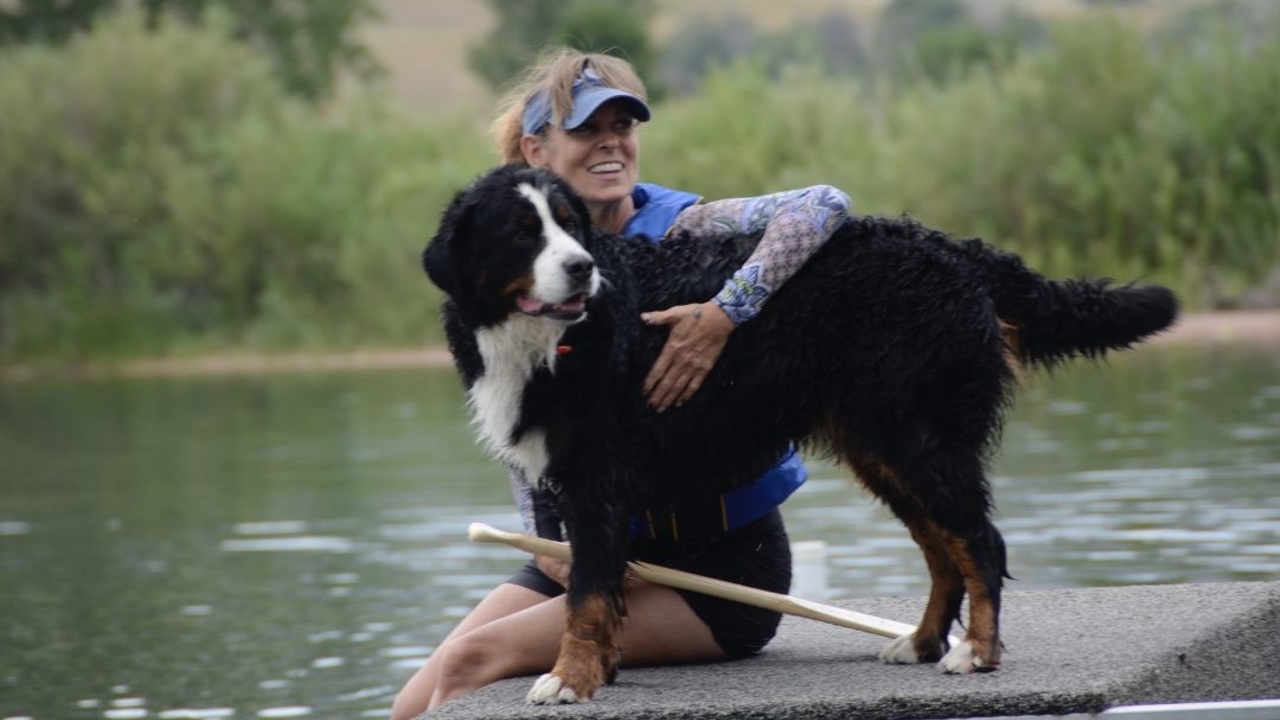The mean girl might be you.
Jul 17, 2019
Photo by Christine Mann
The harshest critic, the most unkind person, the biggest judge of our performance lives in our own minds. We say things to ourselves about ourselves that we would never utter aloud, much less say to a dear friend. We rarely cut ourselves a break and hardly ever say encouraging things. It’s no wonder we get down on ourselves and our results.
It turns out there is a scientific reason that we put more weight on the negative thoughts and actually seek them out. From the time we started to walk upright, our brains were wired to protect us from danger. Fear kept us safe from all sorts of calamities. We evolved to focus more on the negative because we didn’t need to worry about the positive or safe thoughts. Got a sturdy cave? Cool, now let’s worry about what’s for dinner.
It seems parts of our brains are still pretty basic in this regard. Think about how you prepare for a trial, starting with packing and driving. Once the gas tank is full, you’ve gone over your mental checklist to satisfaction and you load the dogs, you stop worrying about those things. They are taken care of. Instead your mind moves to obsess about what you might have forgotten or imagining what could happen en route. It’s almost as though once things move into the positive category, we are free to fret. We are some weird creatures!
Flipping the script
This ancient wiring is why we have to actually make ourselves be grateful (or focus on the positive) and learn to catch our negative, fearful thoughts before they run the show. When left unchecked, these negative thoughts erode our confidence and put us at a disadvantage when we walk to the line.
As with any desired change, the first step to managing your inner critic is to raise your awareness and just notice whenever the voices in your head turn negative. Even if you just hit your toe on the crate or spilled your coffee, does the voice in your head call you a klutz? Or an idiot? What do you tell yourself after making a mistake in the ring? How is that running down the leash?
Now ask yourself if you would say these things to a friend? Or to your childhood self? I’m guessing no. Likely you would turn the conversation around to put a spotlight on the positive and all the things that went right instead of the one thing that went wrong.
Knowing you are wired to focus on the mistake, the critique, the negative, it takes effort to turn the conversation around – I get that. What I always tell clients is that yes, you get a few minutes to playback what went wrong, but only as long as you can learn from it for the future. And after those literal few minutes only, you MUST focus on what went well. After all, what we focus on is what we create more of, so where do you want to invest your thoughts?
Dealing with setbacks and disappointments
Of course there are times where the disappointments are bigger than others. The NQ that cost you the title or getting into nationals. And sometimes these moments can have us reeling for weeks – if we let it.
One of the biggest characteristics that separate average handlers (and athletes) from elite competitors is their perspective on failure: They don’t see it as such. It’s not failure, it’s feedback. Elite competitors are looking at the long game, pushing themselves to learn from the experience and adjust their training or handling to not make the same error in the future. Great handlers rebound faster because they know and accept that mistakes happen and they aren’t wasting their brainpower on calling themselves names.
So if you wouldn’t say awful, hurtful things to your childhood self, what instead would you say to your superhero self?
Wanna get these sent to your inbox?
Trade me your email addy and I'll send you the latest news and updates from our team. Don't worry, your information will not be shared.
We hate SPAM. I will never sell your information, for any reason.


